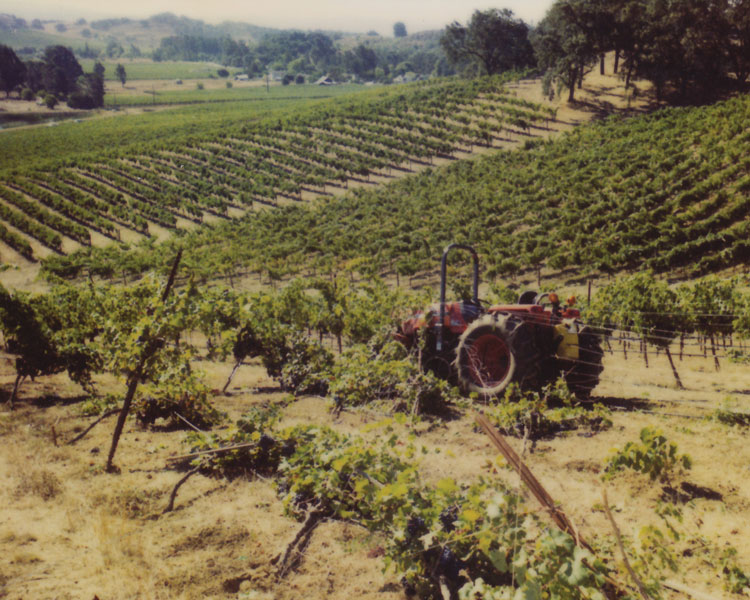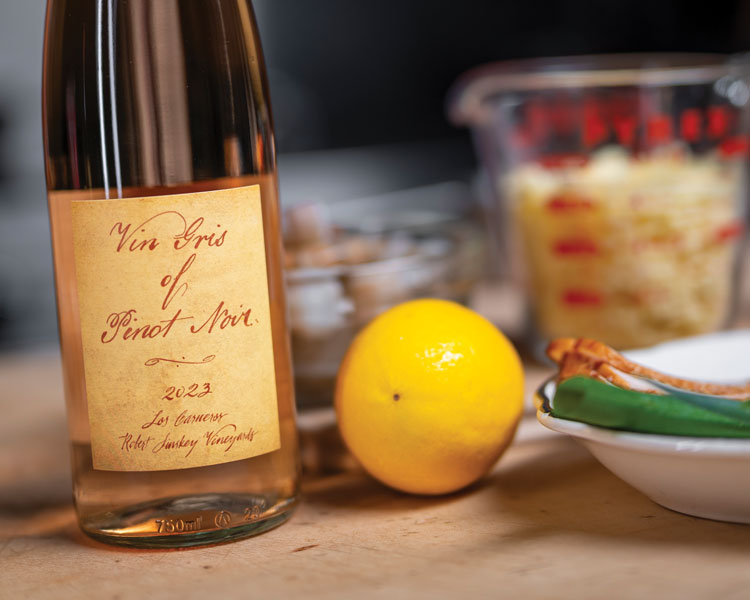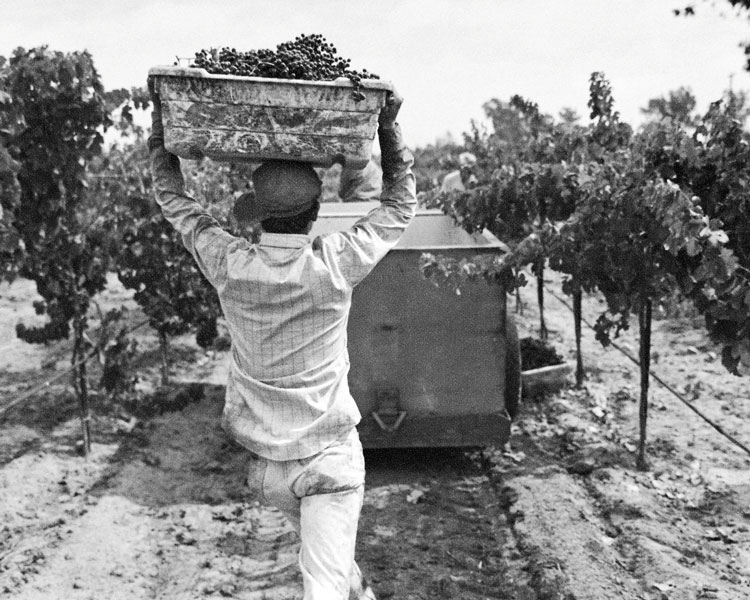R.E.S.P.E.C.T!
Can we respect the past while charting a course into the future? I sure hope so. Years ago, I sat next to a well-known, lifelong Napa vintner who said the average person working in the wine industry had a seven year frame of reference and it was our responsibility to keep reminding people what came before or risk losing that history. The concern is not only with preserving the verbal history, but the stylistic history of wine from all the different wine regions of the world. How does one know what a classic wine is if they have only tasted what is currently trendy?
One of my friends, restauranteur and master sommelier, Bobby Stuckey, was recently accused of being an elitist for writing that many young sommeliers do not have enough experience with classic wines to have a frame of reference and instead focus on wines with a good story regardless of whether the wine is sound or has a decent price-value relationship. Anyone who knows Bobby will know that he is not an elitist – however, he is demanding. He expects people who work for or with him to take the time to learn their craft and respect the trade for the benefit of their customer.
A classic wine is elegant, balanced, free of major flaws, enhances the food it is served with, and will age gracefully so that some day it will provide pleasure at the table. Now I prefer and respect well-farmed, minimally-manipulated, pure wines, but I would rather drink a beer or a cocktail than drink a flawed/funky wine with a good story. After all, the purpose of a wine is to bring pleasure. My first question when tasting a wine: Does it put a smile on my face? Then, usually the second question is: What will I serve with it?
Some day, I hope we will have a “wine bank”, where aspiring wine professionals can go to learn the history of wine. A place where they can understand the historical trends in wine and a place where they can learn that a great wine might be able to happen by accident in certain vintages – but a consistently great wine usually comes from a vigneron with discipline, diligence, restraint and a respect for craft. Knowledge is a great way to future-proof and learn from tradition.
Rob Sinskey




